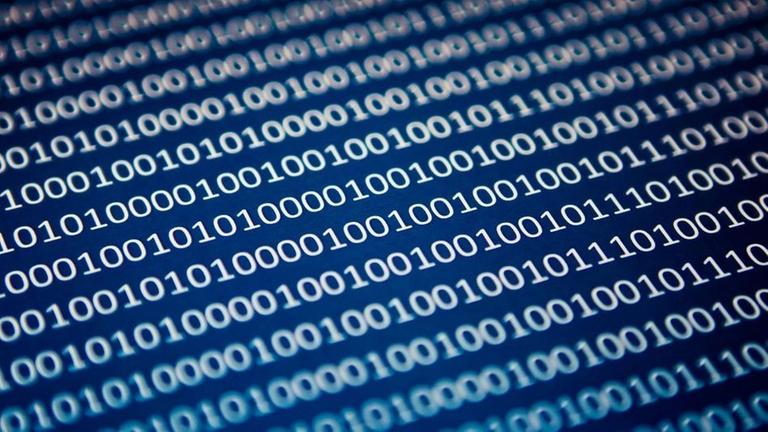Does the software have errors? // ¿Tiene el software errores? (Escrito originalmente en español, texto debajo del de inglés)
At the first look it seems like a pretty obvious question, everything that we know has errors. But here is a dilemma. You can define something as “perfect” when it doesn’t have any kind of error or defect. And here is when we ask ourselves another question, what errors does the software have?
According to wikipedia (our principal source of information) a software is: “a part of a computer system that consists on data or computer instructions, which are created by a human being. That system allows you to make different kind of tags or activities that are within its system or structure. A software doesn’t actually generate or create something that isn’t inside its programming. It only obeys “orders” in form encryptions or codes that are introduced inside its system, and the software simply makes them happen. In the case that it “fails” it couldn’t be the software’s fault but a mistake in the hardware of the system, which is not virtual and with the time, it fails for obvious reasons.
But it doesn’t only physically fails. When a “bug” or a “glitch” occurs its called fail or error too. But, why does it fails? It fails because it can’t complete what it was ordered to due to a bad design in his encryption or programming. Or simply a higher order that restrains the new task you are trying to make, then it “fails”.
Having said this we can conclude that the software is designed to follow simple orders and complete tasks. The software doesn’t fails, what fails is its programming or its encryption or however you want to call it. In conclusion, the software doesn’t work with mistakes. It is only capable of working with a precise programming. Without this, it simply can’t work. Now that we know that the software doesn’t have mistakes or errors… Do we have in our hands and practically available to all a tool that is capable of doing what it is ordered to?

Al principio se ve como una pregunta obvia, todo lo que conocemos hoy en día posee errores o defectos. Pero aquí se presenta un dilema. Se puede definir como perfecto, a todo aquello que carece de defectos o errores, y aquí planteamos otra pregunta, ¿qué errores comete un software?.
Un software no es más que una serie de programaciones, originadas en un principio por un humano, que permiten realizar distintas tareas o actividades con un ordenador. Un software no genera ni crea nada nuevo que no esté dentro de su programación, sólo obedece órdenes en forma de encriptaciones o códigos que le introducen en su sistema, y éste simplemente las sigue y las acata. En el caso de que “falle”, no podría ser por algo que el software haya hecho mal, si no una equivocación en el hardware del sistema, que es toda la parte física y motora del mismo, la cual no es virtual, y por razones obvias, tiende a errar en algún momento.
Pero no sólo puede “fallar” físicamente, si no que también se suele llamar un “fallo” del software, a lo que se le denomina como bug. En pocas palabras, un bug es un defecto en el software del sistema que hace que éste falle. Pero, ¿por qué falla?, falla porque no puede realizar o acabar alguna actividad debido a un mal diseño en su código de fuentes, en otras palabras, no puede seguir las instrucciones que se le fueron dadas por una mala codificación; o por una programación u orden superior que le dicta una tarea diferente, por lo tanto, su resultado es otro. En ocasiones, dos o más aplicaciones pueden interferir entre ellas, debido a que no se pueden utilizar a la vez o sus productos no son compatibles entre ellos, entonces simplemente, chocan.
Después de éste planteamiento, pongamos otra vez la pregunta sobre la mesa, ¿tiene el software errores?. No, el software está diseñado simplemente para seguir órdenes y realizar tareas, el software en sí, no falla. Lo que falla es su programación, su código de fuentes, su encriptación, su hardware, o como lo quieras llamar. En conclusión, el software no trabaja con errores, sólo es capaz de funcionar utilizando una programación precisa, sin ésta, simplemente no puede seguir trabajando. Ahora que sabemos que el software carece de errores, ¿tenemos en nuestras manos y prácticamente al alcance de todos, una herramienta sin errores capaz de hacer lo que se le ordene?.
Buen trabajo !! Good job!!
Congratulations @blacknwhite! You received a personal award!
Click here to view your Board
Congratulations @blacknwhite! You received a personal award!
You can view your badges on your Steem Board and compare to others on the Steem Ranking
Vote for @Steemitboard as a witness to get one more award and increased upvotes!